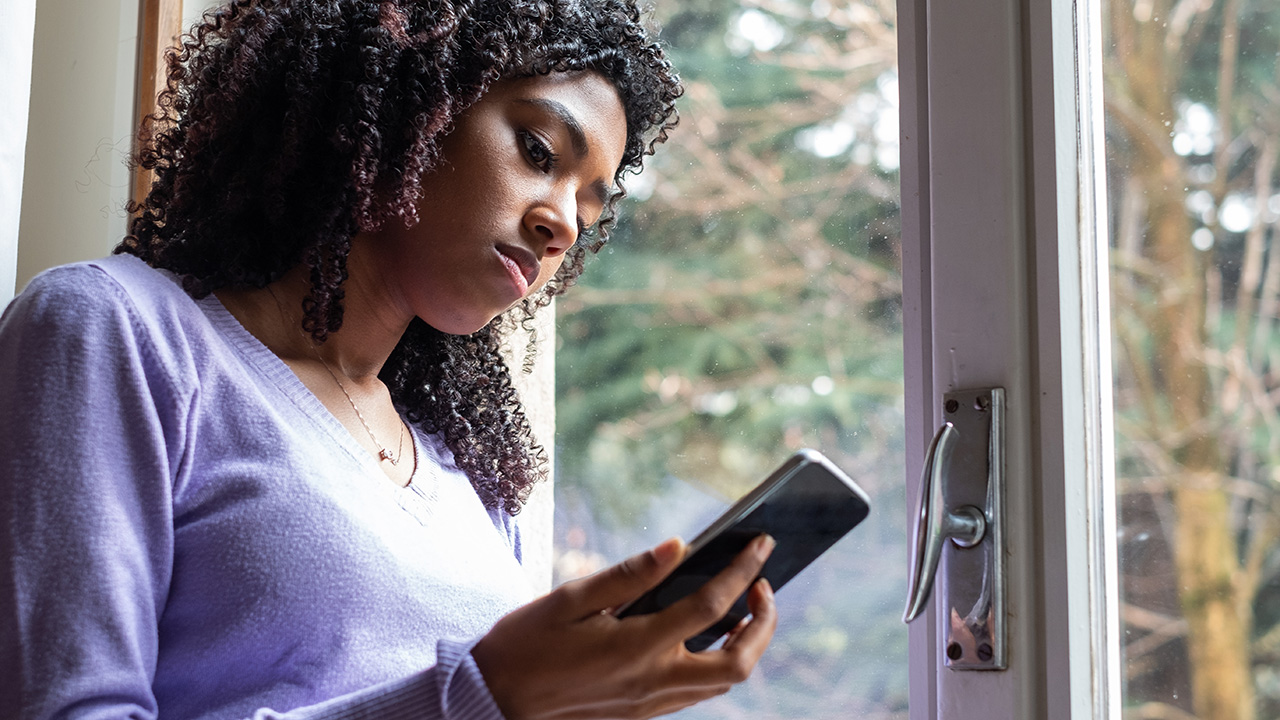Hip hop song of survival linked to decrease in US suicide rate
A new study has demonstrated that a hip hop song about hope and survival in a suicidal crisis was associated with a decrease in suicides and an increase in phone calls to a suicide prevention helpline.
The song “1-800-273-8255” by American hip hop artist Logic is named for the phone number of the National Suicide Prevention Lifeline in the United States (Lifeline) and shares the story of an individual who is in crisis and finds help.
The study has been published in The BMJ.
“This is the first large scale study of its kind that highlights how a clear, positive message of survival can have a protective effect on the public and can help prevent suicide,“ says Dr. Mark Sinyor, a study co-author, psychiatrist, and suicide prevention expert at Sunnybrook Health Sciences Centre. “When stories of hope are shared and accompanied by specific information about resources and support, it can positively influence people who are struggling to reach out and that can help save lives.”
Past research has shown that media reports of suicide can lead to an increase in suicides. Because coverage of suicide death is much more prevalent than stories of hope, resilience, and recovery, studying the potential beneficial impact of stories of survival has been a challenge for suicide prevention researchers. Logic’s song provided researchers a unique opportunity to do that.
The international research team, led by Dr. Thomas Niederkrotenthaler at the Medical University of Vienna in Austria, includes suicide prevention experts from Canada, the U.S., and Australia. The study examined data and associations between Logic’s song, calls to Lifeline, and U.S. suicide rates.
Researchers used posts on Twitter to estimate audience attention during three high profile events: the song’s release in April 2017, and Logic’s performance of the song at the 2017 Music Awards and the 2018 Grammy Awards.
In the 34-day period following the events, researchers found there were 9,915 additional calls to Lifeline, nearly seven percent more than typical call volume. There was also a decrease of 245 suicides, or 5.5 percent below the expected number.
Researchers note the study is observational and cannot establish cause, but that the findings are consistent with a possible Papageno effect, termed by Dr. Niederkrotenthaler, which identifies messages of hope can lead to coping and resilience in the face of suicide.
Investigators say their findings “highlight the potential population health benefits of working creatively and innovatively with other sectors, such as the music and entertainment industries, to promote new impactful stories of help seeking that resonate with broad audiences, leave a visible footprint on social media, and are safe in terms of not featuring potentially lethal actions but rather coping and mastery of crisis.”
Media contact:
Jennifer Palisoc
Communications Advisor
jennifer.palisoc@sunnybrook.ca
If you need help in an emergency, please call 911 or visit your local emergency department.
If you’re feeling like you’re in crisis or need somebody to talk to, please know that help is also available through community resources:
- Find a local crisis resource at sunnybrook.ca/gethelp
- Crisis Services Canada
- Phone: 24-hour, toll-free 1-833-456-4566
- Text: 45645 (4:00 p.m. – midnight Eastern Time)
- Kids Help Phone
- Phone: 24-hour, toll-free, 1-800-668-6868
- Text: 686868 (24 hours, 7 days a week)



